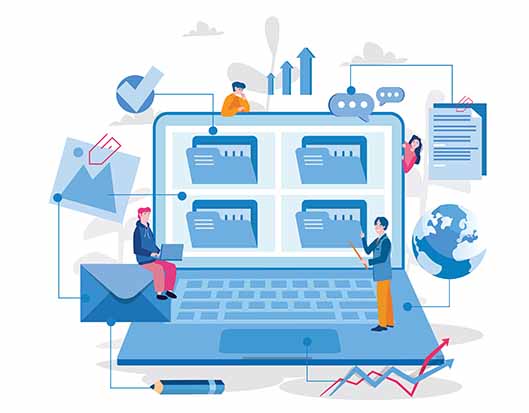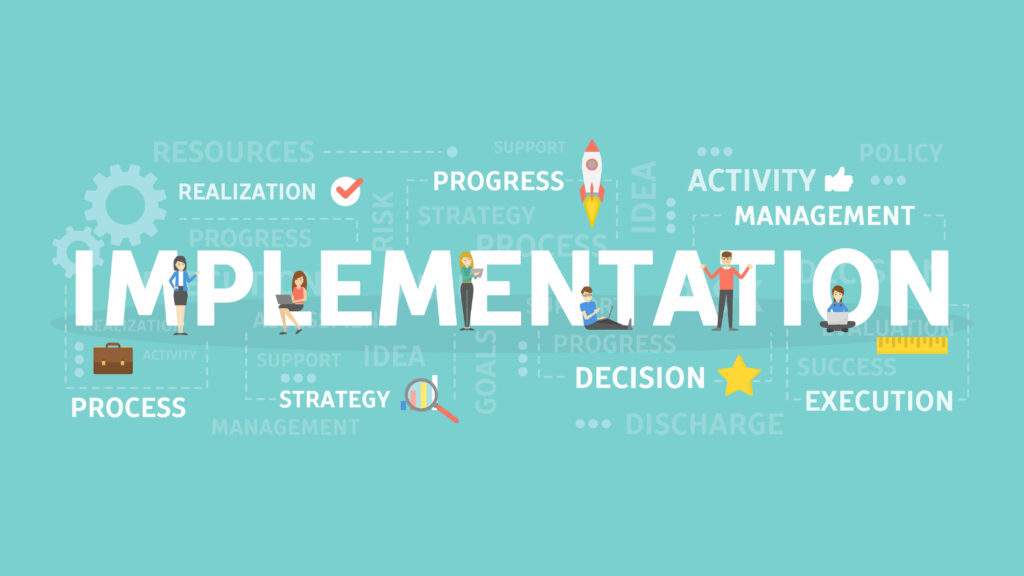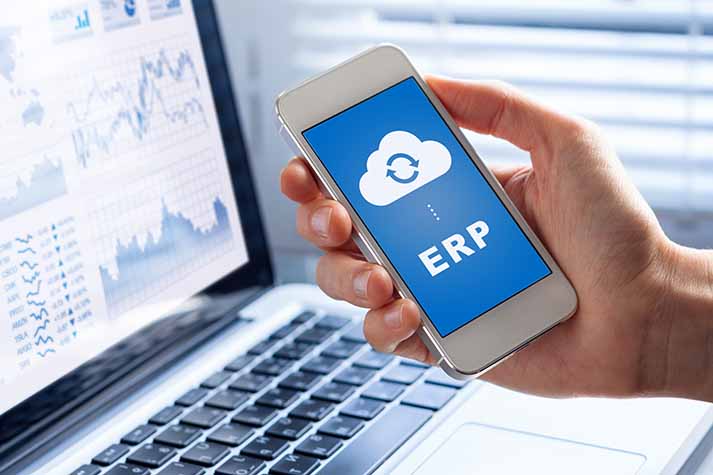No business is alike. Products, customers, strategies, and everything in between all vary to certain extents depending on your industry-specific needs and business ethos.

What all businesses have in common, however, is the environment in which they operate. The world is becoming increasingly digital, synchronized, and competitive. Enlisting the right all-in-one business management software for your business will help you stay ahead of the curve.
Here are the most crucial and consequential ways that all-in-one business management software can provide a tangible benefit to your business operations.
1. Automated Workflows
The benefits of workflow automation are wide-reaching. Not only will the processes that you’re automating be improved, but your productivity in other areas will increase as well.
If you’re spending less time manually entering, checking, and duplicating data sets because your all-in-one business management software is capable of automating that process, you’ll be able to focus more on creative, high-level tasks that require more human attention.
2. Eliminate The Need For Internal IT Expertise
Safeguarding your business against technical malfunctions and cyber threats starts with investing in the proper technology.
No business is unique—true cybersecurity and individual business success can’t be achieved with a “one-size-fits-all” approach. This is why you’ll require software that can mold to the contour of your business’s specific needs.

All of your employees should be operating, communicating, and sharing documents under the same umbrella of security. With a dedicated software support team ready to work toward your business’s specific goals and needs, you’ll be prepared for any technical malaise that comes your way.
3. Save Money (Not Just On Software)
One of the biggest benefits of all-in-one business software is the cost savings. The software savings are apparent—paying a predetermined monthly rate for a single software solution allows you to spend less on various other disconnected software solutions.
Outside of the actual software savings, you’ll save money via increased financial visibility, smarter data insights, and more streamlined supply chain management.
4. Scalability
Growth arrives quickly—it pays to be prepared ahead of time. Though your business may not be bringing in billions of dollars annually, your all-in-one business management software can function the same as the solutions that those companies use.
Over time, your customers, inventory, employees, revenue, and almost all other facets of your business grow. Developing the right processes from the beginning will pay dividends down the line—playing operational catchup as growth continues upward will inhibit financial progress.
5. Enhanced Security and Threat Prevention
If your business has never been exposed to a data breach, then consider yourself lucky. According to a recent study, 37% of companies hit by ransomware had fewer than 100 employees. Of those, 60% go out of business within 6 months.
All-in-one business management software provides SMEs with top-notch, industrial-grade security features: data redundancy, dual-factor authentication, testing environments, and cryptographic privacy. Look for a software solution that provides a 99.99% uptime guarantee.
6. Better Document Management
For businesses of all sizes, keeping paper records means something is going to get misplaced. And loss is only the tip of the iceberg: a typical office worker uses 10,000 sheets of paper each year—it’s wasteful, time-consuming, and unnecessary.

Keep a centralized, unified document management system that can be accessed from anywhere. You’ll be able to find documents faster, secure them more easily, and generate custom reports about the data within your system. Not to mention, you’ll save plenty of money on ink and printer-related costs.
7. Smarter Business Decisions
The best business decisions are made from comprehensive, data-driven metrics. Gut instincts are valuable, but data-driven decisions reign supreme. By allowing technology to guide and assist you along your decision-making process, your business will reap tangible benefits.
You’ll be able to reduce spending costs, make faster decisions, and generate on-the-fly improvements based on real-time, accurate data. The best data comes in the form of custom dashboard reporting generated regarding up-to-date inventory levels, real-time customer/vendor transaction history, and the current job status of employees dispatched in the field.
8. Better Hiring Processes
Your employees are the lifeblood of your organization—it’s crucial to establish a pipeline of qualified talent no matter the industry you service. By incorporating this process into the software that handles the rest of your business’s processes, you’ll be able to make the most profitable hiring decisions.
Within your all-in-one business management software platform, you’ll be able to have a streamlined application tracking system by creating new job postings, adding interview notes, designing personality assessments, and storing all pertinent candidate documents.
9. Continuous and Custom Software Development
No business is unique—one of the most crucial tools that all-in-one business management software offers is the ability for businesses to tailor the software to their specific needs. Not only is it important for businesses to have customizable interfaces based on specific industry needs, but it’s also just as important to incorporate a software solution that allows for custom, personalized development.

The best software solutions have active development teams that are constantly improving their product. Customers should be able to influence and provide feedback as to what improvements in functionality need to occur. Software personalization is becoming more and more commonplace these days.
10. Build Better Relationships with Customers/Vendors
Getting the most out of customer (and vendor) relationships requires a comprehensive system that supports your sales team to make sure they never miss an opportunity, all while assessing productivity and profitability.
All-in-one business management software offers features that can boost the effectiveness of your sales team such as sales funnel and marketing automation, full spectrum sales pipeline visibility dashboards, and feedback-garnering tools such as surveys.
Wrapping Up
No matter the industry that your business operates in—manufacturing, field services, or any other—your business can advance from incorporating these 10 benefits of all-in-one business management software.

Every business has a different number of employees, different products, and different methods at which they go about the core principles of business. But for all of the differences that businesses share, they share much more in common.
In fact, most businesses share commonalities throughout their maturation process in terms of the warning signs that it might be time for them to adopt an all-in-one software solution.
All-in-one business management software is developed to make your business better, in whatever way that you see fit.







